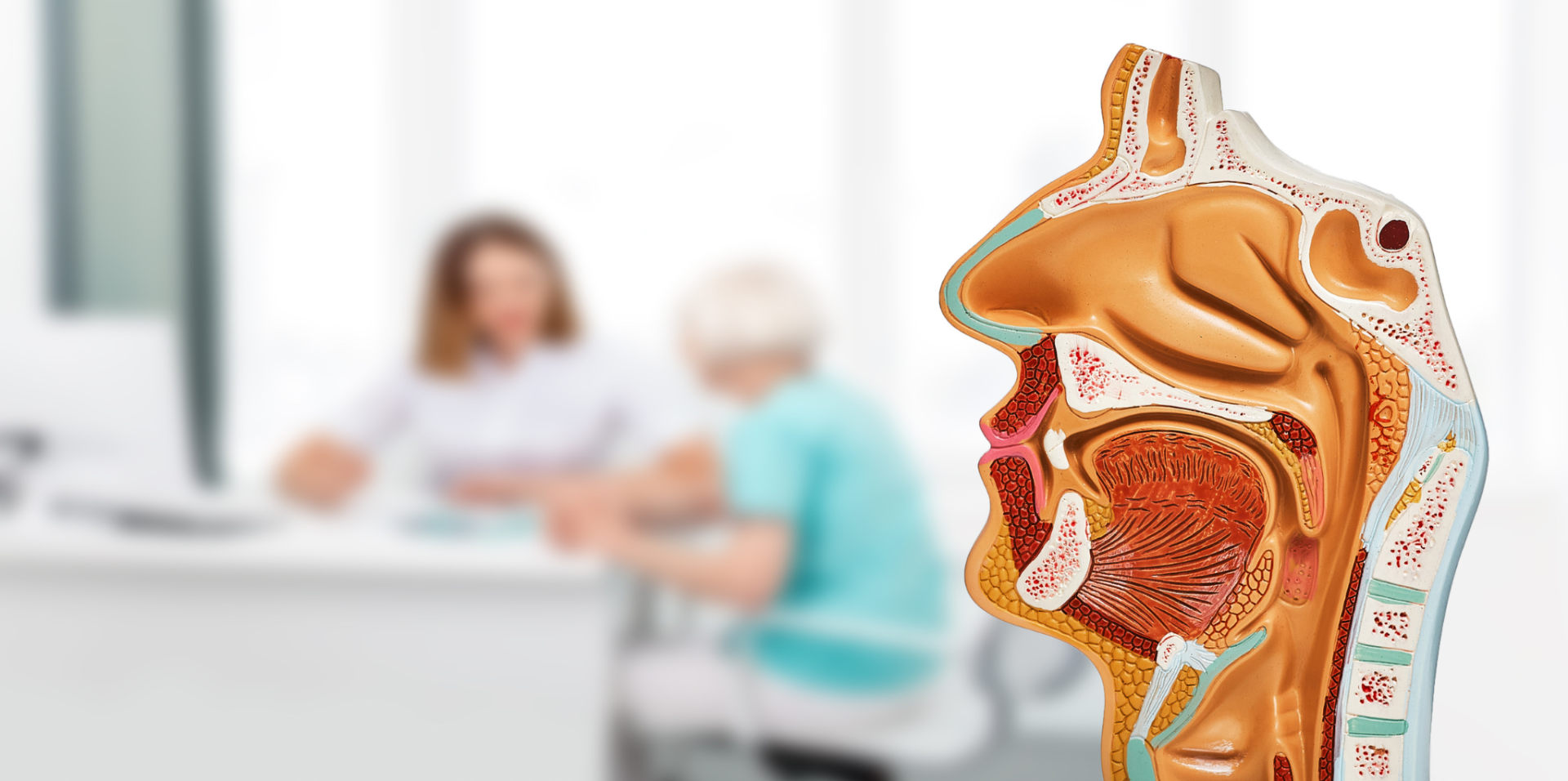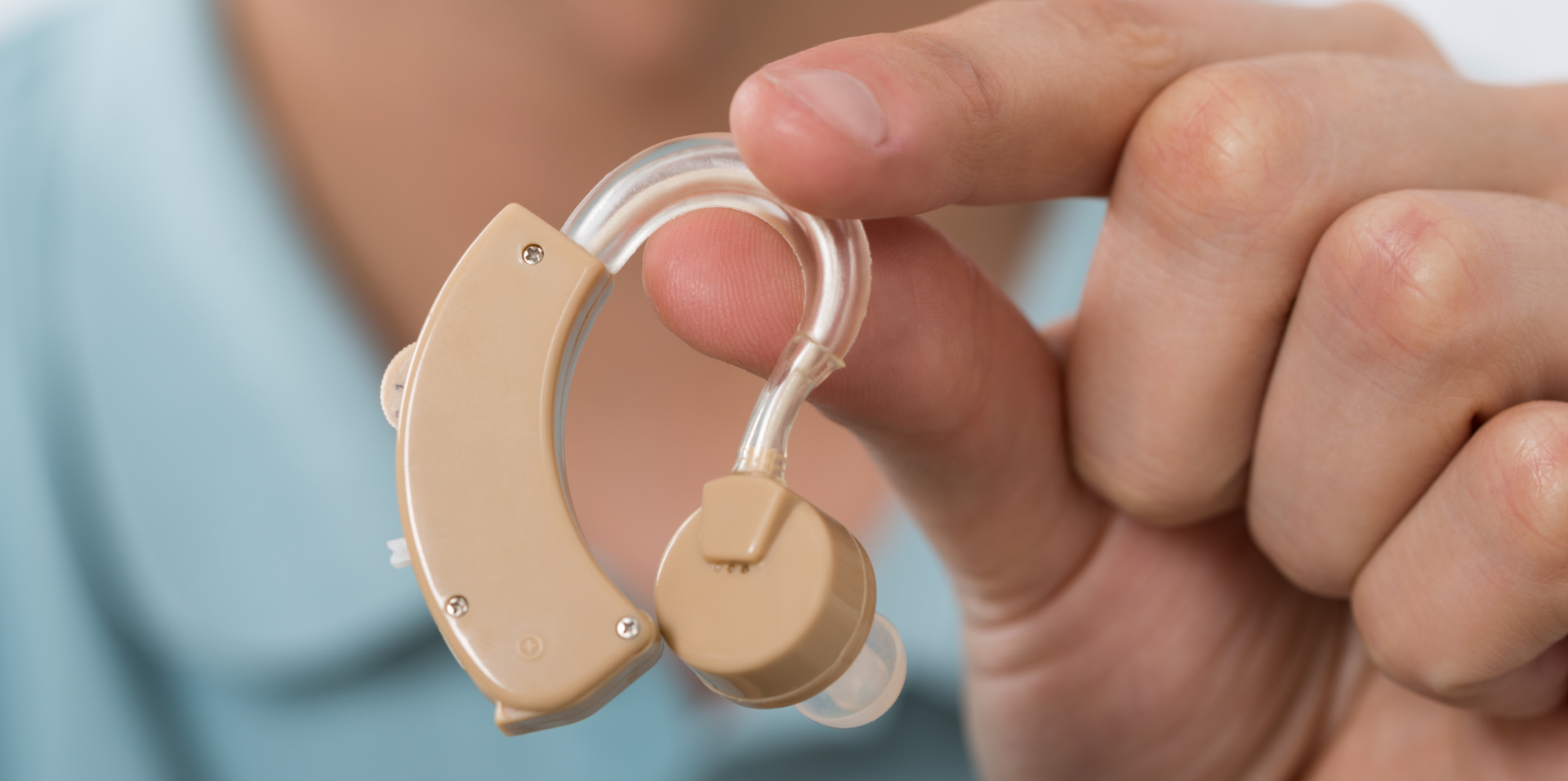In my role as a practicing ENT specialist, obviously I see patients with nose woes and throat inflammation including chronic throat clearing or cough. Often these conditions are the result of allergies or infections. I have previously written about treatments for these conditions using both over-the-counter and prescription medications.
This month I would like to talk about how medications that are prescribed for unrelated medical problems can result in symptoms such as nasal congestion and dryness of the nose and throat leading to thick postnasal drip. When I talk about this type of problem it is not considered to be a medication allergy but is classified as a side effect.
The human body is tremendously complex and almost any chemical ingested into it can lead to an unexpected result. However many of the commonly prescribed medications have predictable side effects.
The first side effect that I encounter is nasal congestion or a stopped up nose sensation. I see this most commonly seen with medications to lower high blood pressure. Many medications for hypertension work by causing the tiny muscles around blood vessels to relax. Unfortunately this action also leads to the blood vessels just under the surface of the nasal lining enlarging. This makes the nasal tissues get bigger which is what all of us experience as congestion. A DE-congestant, such as Sudafed, actually acts to constrict these blood vessels, making the tissue smaller and making breathing easier. Unfortunately Sudafed can raise your blood pressure, so long term use needs to be monitored.
Here is a list of other types of medications which have been noted to have side effects of nasal stuffiness and congestion: aspirin, ibuprofen, hormone replacements (including birth control), antidepressants, anti-anxiety drugs and even ED meds like Viagra.
Dryness of the mouth and throat is also a common medication side effect. Blood pressure medications containing diuretics to remove fluid from the body can result in excessive dryness including thickening of the normal nasal secretions to create an irritating thick postnasal drainage. Drugs to control irritable bowel spasms, bladder spasms or frequent urination frequently lead to throat dryness and a feeling of frequent need to clear your throat. Other medications causing this problem include antihistamines, anti-anxiety medications and antidepressants, Parkinson’s disease meds, nausea treatments and oral inhalers for asthma or COPD.
One other specific medication causing problems is blood pressure medicine in the class called ACE inhibitors. The most common one of these is known as Lisinopril. This drug frequently has a side effect of any persistent dry tickle cough. Once it is discontinued the cough usually goes away quickly.
Obviously not everyone will suffer these side effects. And I certainly do not recommend stopping prescription medications without having a conversation with your primary physician’s office. But often looking outside the common causes such as allergy or infection provides better remedy of these persistent problems.






